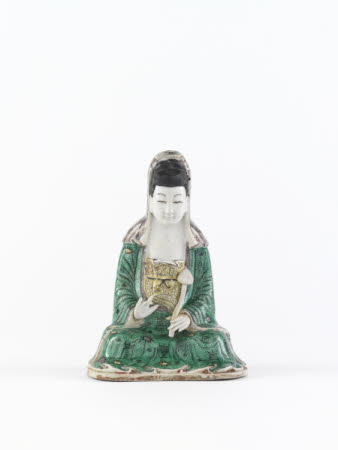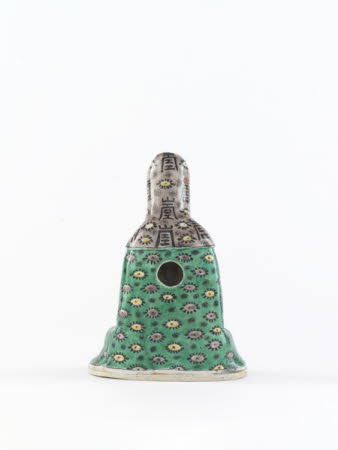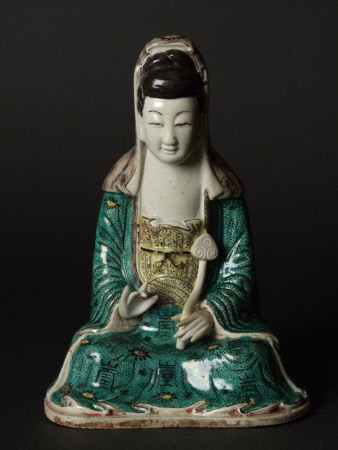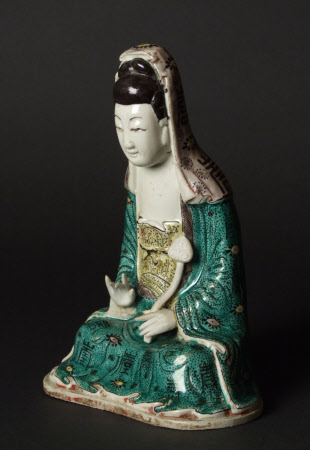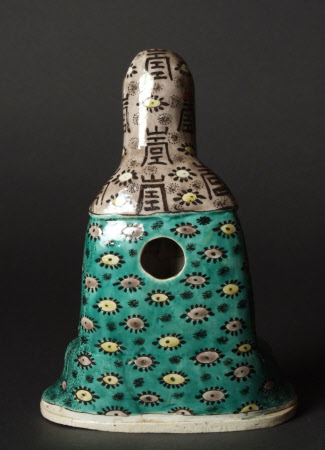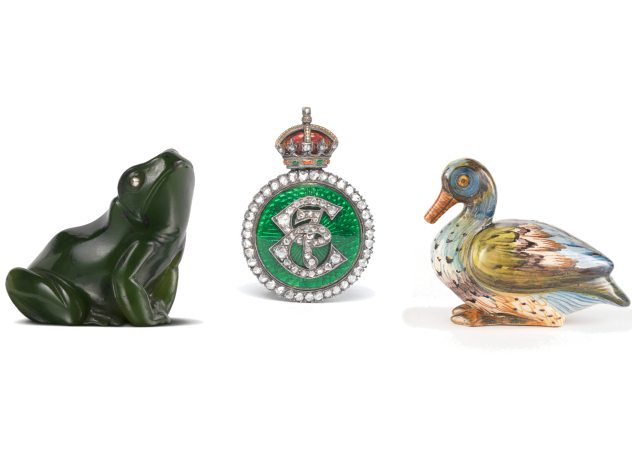Figure
Category
Ceramics
Date
1662 - 1722
Materials
Enamelled and lead-glazed porcelain
Measurements
21 cm (H), 15 cm (W), 8 cm (D)
Place of origin
Jingdezhen
Order this imageCollection
Polesden Lacey, Surrey
NT 1245693
Caption
Guanyin is the Chinese version of the Indian Buddhist figure Avalokiteśvara, a bodhisattva or enlightened being who remains in the mortal realm to help others. Originally male, in China Guanyin came to be worshipped as a goddess of mercy. But those religious meanings were lost in translation when these figures came to Europe, and they had a mainly decorative role in British interiors.
Summary
Porcelain figure, Chinese, Kangxi period (1662-1722). Representing the Buddhist figure of worship Guanyin, seated and holding a ruyi wish-granting sceptre, decorated with various enamel colours on the biscuit (or unglazed surface) and with a transparent lead glaze on the face and hands, the figure's garments decorated with archaised forms of the character 壽 shou ('long life'), a round opening in the back, probably made in Jingdezhen, Jiangxi province, China,
Provenance
Bequeathed to the National Trust by Dame Margaret Greville DBE (1863-1942).
